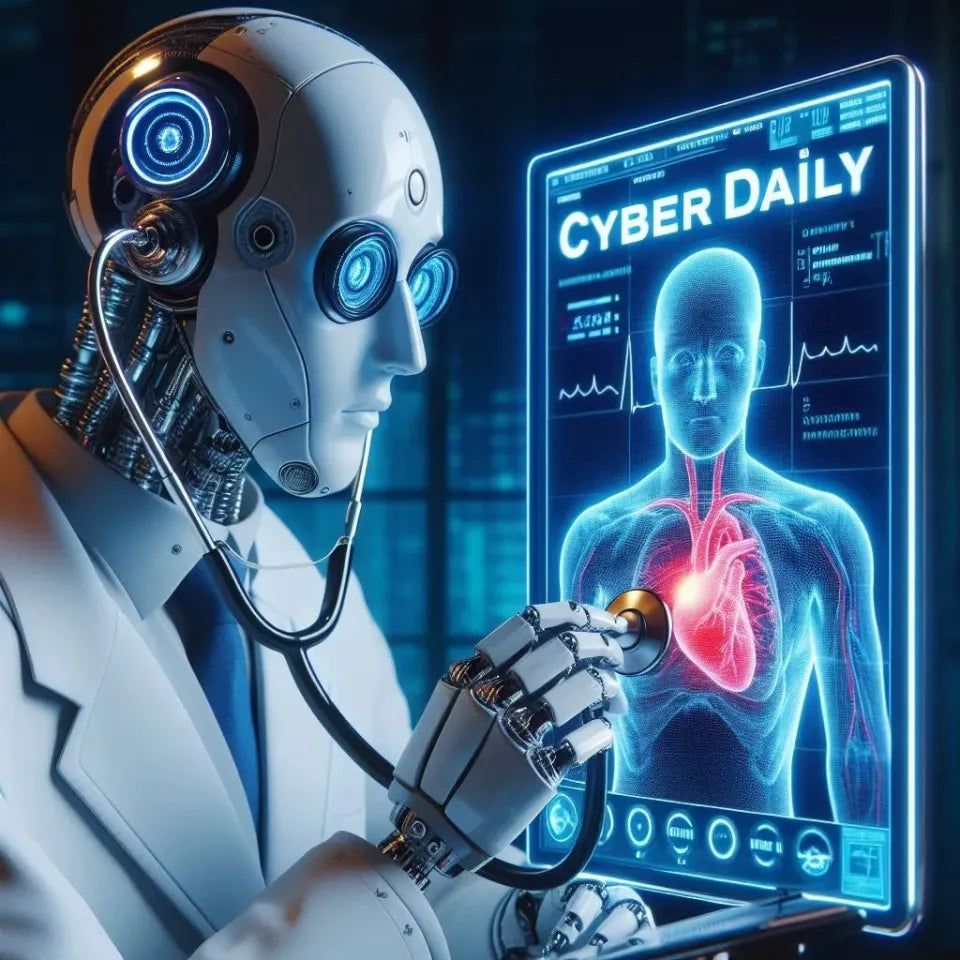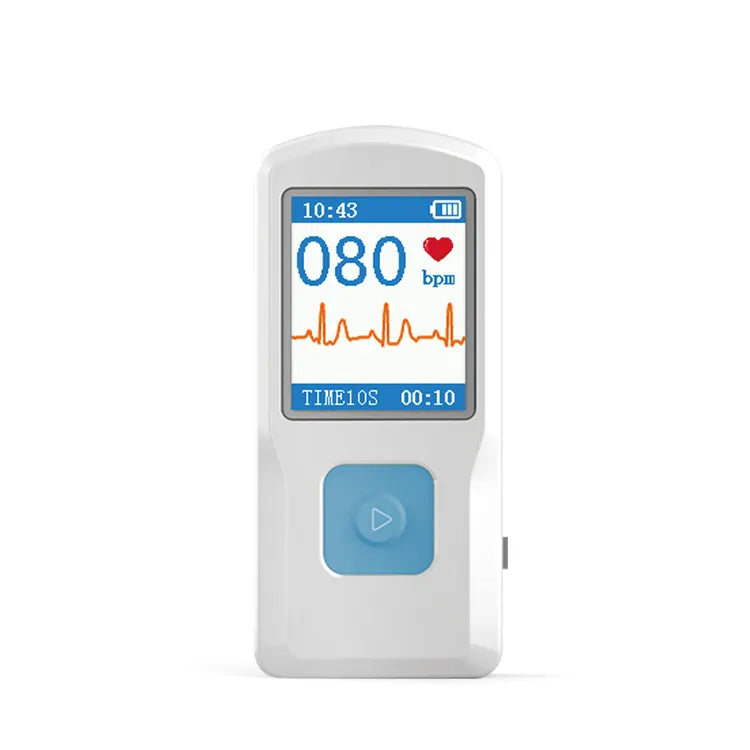The application value of AI technology to family diagnosis

With the rapid advancement of technology, artificial intelligence (AI) has deeply penetrated our daily lives. AI has undeniably contributed to the progress of human society. Especially in today's era of rapid mechanical development, AI has even become a part of the productive forces of society.
The application of AI technology in the medical field is rapidly advancing, with household self-diagnosis emerging as a highly anticipated trend. AI-powered self-diagnosis tools are gradually transforming traditional medical models, enhancing diagnostic efficiency, alleviating the burden on healthcare systems, and providing users with more convenient health management solutions.

The help of AI for medical technology
A paper published on September 25 in The Lancet Digital Health states that AI can successfully diagnose diseases like professional doctors. Researchers from the University of Birmingham analyzed data and found that AI deep learning can correctly detect diseases in 87% of cases, compared to 86% for medical professionals. The FDA has already approved many AI tools for healthcare, which are expected to assist doctors in improving their work efficiency.
In May of this year, a paper published in Nature Medicine detailed a collaboration between scientists from Google Health, Northwestern University Feinberg School of Medicine, and other institutions, resulting in an AI system capable of detecting and analyzing malignant lung nodules from chest CT scans, enabling early diagnosis of lung cancer. The results showed that in 6,716 test cases, this deep learning model could identify very small malignant lung nodules with 94% accuracy.
Additionally, a South Korean research team has developed an AI-based medical imaging interpretation system that can screen for lung cancer and other pulmonary diseases through chest X-rays, with a diagnostic accuracy nearly 20% higher than that of human doctors.
These data clearly indicate the remarkable achievements of AI in medical technology, with accuracy rates even slightly higher than those of medical professionals.

Applications of AI Technology in Household Self-Diagnosis
Intelligent Consultation and Symptom Analysis
Intelligent consultation systems utilize machine learning algorithms to quickly analyze symptoms inputted by users and provide potential diagnoses. Applications like Ada Health and Babylon Health simulate the doctor’s consultation process by learning from vast amounts of medical data, offering preliminary health advice. This not only helps users quickly understand their conditions but also provides references for doctors, saving initial consultation time.
Image Recognition and Dermatological Diagnosis
Advances in AI image recognition have made self-diagnosis of skin conditions possible. Dermatology AI tools use deep learning technology to analyze images of skin lesions uploaded by users and provide potential diagnoses. Studies show that in some cases, the diagnostic accuracy of these AI systems can match that of professional dermatologists, effectively improving the efficiency of early diagnosis and treatment.
Wearable Devices and Health Monitoring
Modern wearable devices, such as smartwatches and fitness trackers, come equipped with various AI algorithms capable of continuously monitoring users' health data, including heart rate, sleep quality, and activity levels. By analyzing this data, AI systems can predict potential health issues in advance, remind users to take preventive measures, and even automatically alert users in case of abnormalities.

Advantages of AI Technology in Promoting Household Self-Diagnosis
Enhanced Diagnostic Efficiency
In traditional healthcare systems, doctors face tremendous pressure from a high volume of patients, whereas AI systems can process large amounts of information in a short time, providing rapid and accurate diagnostic results, thereby easing the strain on medical resources.
Convenience for Users
Users can perform self-diagnosis at home through mobile applications or smart devices without needing to visit a hospital, saving time and effort. This is particularly important for those living in areas with scarce medical resources or for patients with mobility issues.
Personalized Health Management
AI systems can offer personalized health advice and management plans based on users' health data, helping users better control their health conditions and prevent diseases.

Can Artificial Intelligence Help Improve Patient Healthcare Experience?
Yes, artificial intelligence can significantly improve the patient experience. AI-driven chatbots can provide 24/7 assistance, answer queries, and guide patients through their healthcare journey. Personalized treatment plans and remote monitoring facilitated by AI can offer a more convenient and tailored healthcare experience.
How Does Artificial Intelligence Contribute to Precision Medicine?
Artificial intelligence contributes to precision medicine by analyzing large datasets, such as genomic data, to identify patterns that influence health and disease. This helps in developing personalized treatment strategies based on an individual's genetic makeup, lifestyle, and environment.

Future Prospects and Challenges
Despite the promising outlook for AI technology in household self-diagnosis, several challenges remain. Firstly, data privacy and security issues must be addressed, as the leakage of health data can have severe consequences.
Secondly, AI system diagnoses still require confirmation by doctors to avoid misdiagnosis and missed diagnoses. Additionally, the widespread adoption of this technology and user education are crucial; only by making more people understand and trust AI self-diagnosis tools can their true value be realized.
Overall, the application of AI technology in household self-diagnosis brings new hope and opportunities to modern healthcare. With continuous advancements and improvements in technology, this field is expected to achieve greater breakthroughs in the coming years, safeguarding people's health and well-being.
WE RECOMMEND
Related posts
- Subscribe MedInsights
- Subscribe MedInsights
- Subscribe MedInsights
- Subscribe MedInsights
- Subscribe MedInsights









